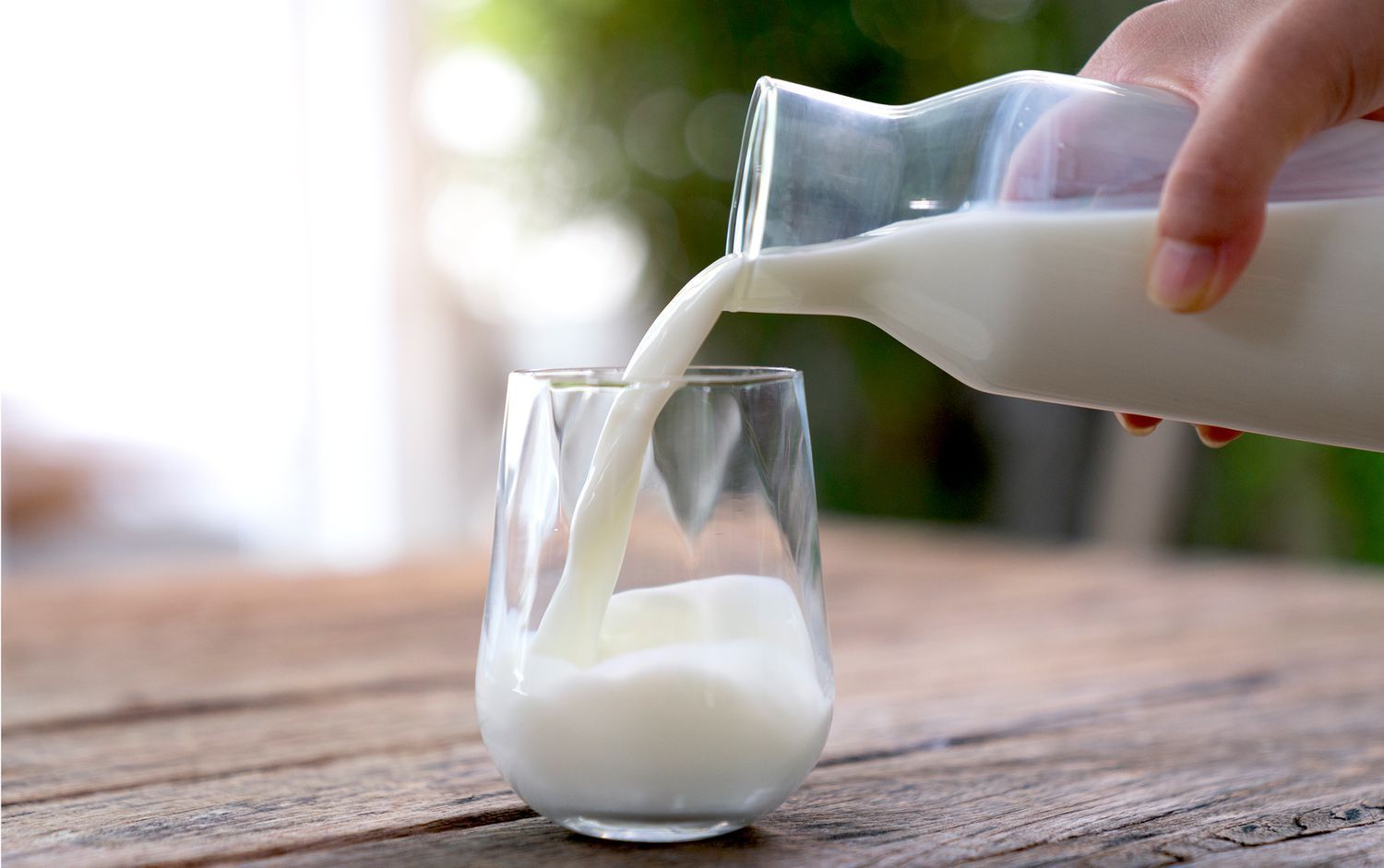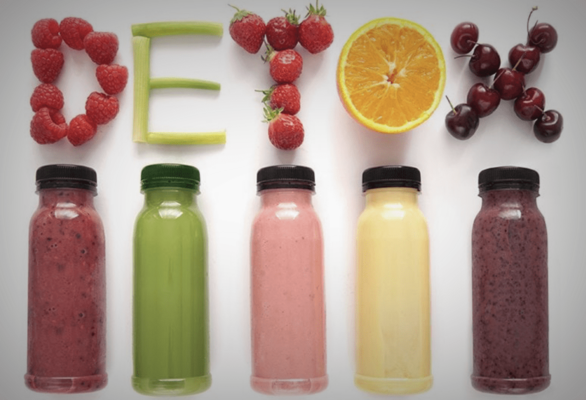MILK is important in a healthy balanced diet, providing many nutrients essential for good health.
The nutrients in milk include carbohydrate, protein, potassium, magnesium, calcium, iodine as well as vitamin B2, B3, B5, B9 and B12. These nutrients are important for the healthy functioning of our bodies.
If watching your calories you have the option of semi-skimmed or skimmed milks, which fall under green, purple or red lids. If going for the skimmed versions of milk you will be doing your vitamin A levels a disservice as there is more vitamin A in the blue lid because of the increased fat content.
Vitamin A is stored in the fat cream which is reduced or taken out in the skimmed versions of milk. To combat the lost vitamin A, be sure to supplement daily with orange and yellow vegetables like sweet potato, carrots, butternut squash, orange and yellow peppers etc to replenish this. These vegetables have a plant chemical called beta-carotene that changes to vitamin A in the body to provide us with healthy vision.
If watching your cholesterol, it is advised to go for the skimmed version of milk too, as this has less saturated fat. Too much saturated fat such as the type in full fat milk can increase our bad cholesterol. High cholesterol is a risk factor for heart disease.
Children under two years should have full fat milk as part of their dairy intake. Semi-skimmed milk can be introduced from two years if they are growing well.
Lee McCusker (BA; MSc; MSc; MSc; ANutr; SENr) is a registered nutritionist from Belfast and can be found on Facebook, Instagram and Twitter. Email: attentive nutrition@gmail.com








